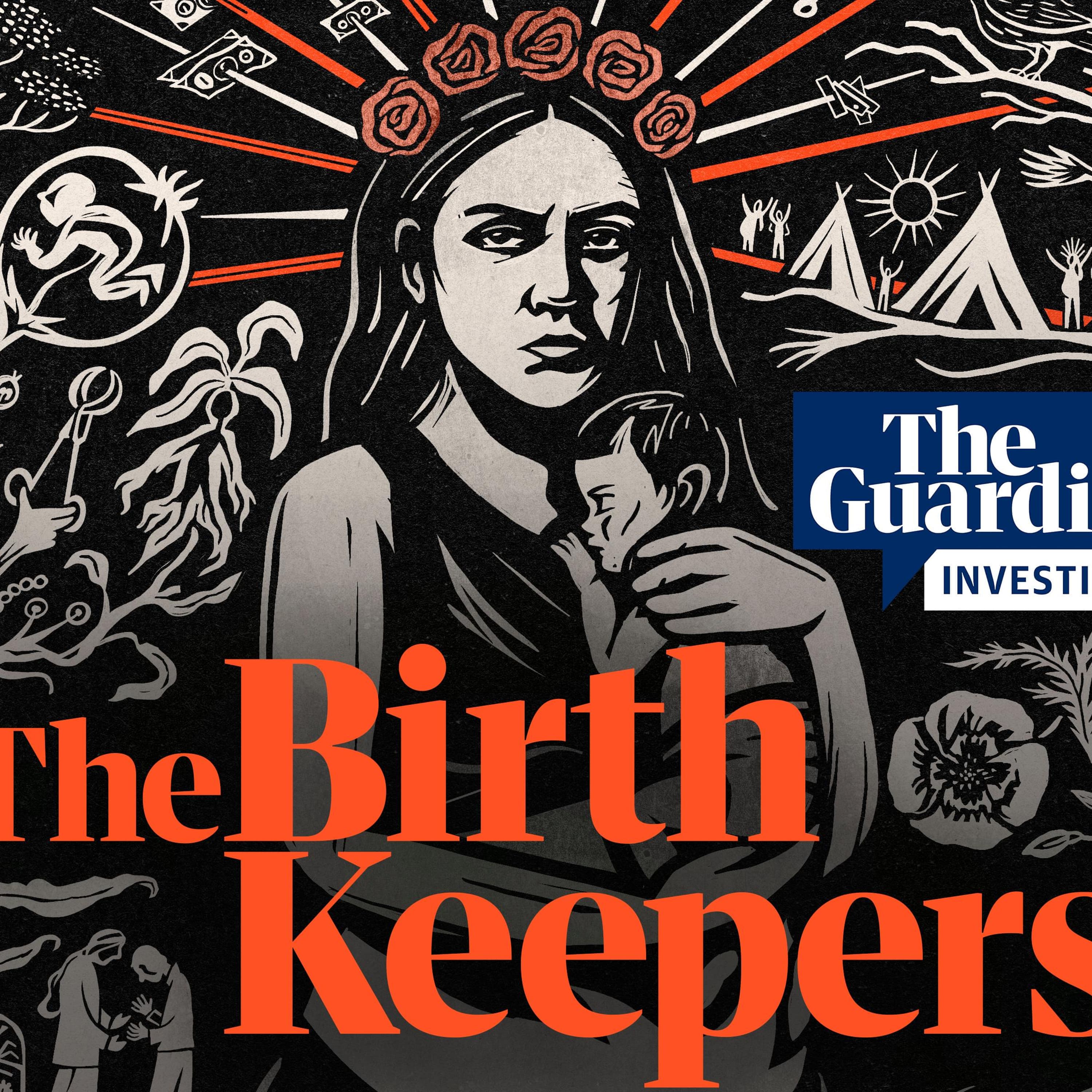
Could we really live on Mars?
Loading player...
Space-settling enthusiasts have long had an eye on Mars, and now they have the backing of the world’s richest man. Elon Musk recently claimed that humans could be on the planet by 2030 and be living there in a self-sustaining city within 20 years. But is it really that simple? Madeleine Finlay heads to Imperial College London where Prof Sanjeev Gupta gives her a tour of the red planet, and meets Kelly Weinersmith who, along with her husband, Zach, recently won the Royal Society Trivedi science book prize for their book A City on Mars. She explains why life on Mars may not be the idyll some would have us believe. Help support our independent journalism at theguardian.com/sciencepod





